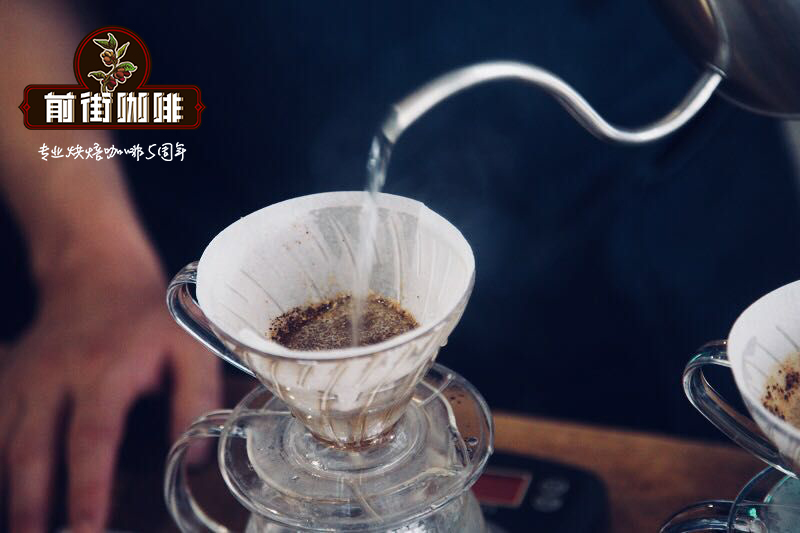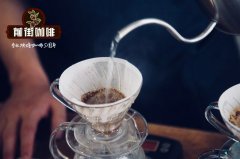Milk Science: what kind of Milk is used for Coffee florets

Professional coffee knowledge exchange more coffee bean information please follow the coffee workshop (Wechat official account cafe_style)
"Milk Source": from science, the milk produced by each farm has different fat, protein content and different grades of sweetness. The actual quality of milk depends on the food that cows eat every day, as well as their daily growing environment, and how the milk is collected and stored and processed.
There is a scientific basis for which milk is suitable for making coffee. The milk produced by some cows is high in protein, high in sugar, high in fat, smooth and sweet in taste, but this kind of high-quality milk has less output and higher cost. Cafes with higher quality requirements will choose this kind of high-priced fresh milk.
Why is some milk different from others?
Milk consists of three main ingredients: protein, carbohydrates and fat. Protein accounts for 3.3% of milk. Proteins can be broken down into two elements: casein and serum protein.
Serum, or whey protein, contains nine essential amino acids that coagulate or deteriorate when heated to high temperatures.
Casein forms a "micelle" (micelle means that the surfactant dissolves in water and is dispersed by a single molecule or adsorbed on the surface of the solution when its concentration is low, thus reducing the surface tension. When you steam the milk, it interrupts the formation of the micelle, and the casein molecules wrap around the bubbles, protecting them from breaking, thus forming milk bubbles.
The degree of protein contained in different kinds of milk affects the durability of the latte's surface decoration. Whole milk will have a richer taste and thicker bubbles, while low-fat milk is more likely to produce large bubbles.
Don't overheat your milk lactose is a carbohydrate in milk, a disaccharide formed by the combination of glucose and galactose. Lactose is fused in two forms to achieve the most stable state. β-lactose is the more stable of the two forms, and its sweetness is more obvious.
After the milk is overheated, the molecular structure of protein will be destroyed, fat and water will begin to separate, resulting in less palatable milk, reduced sweetness, overheating will also lead to the loss of nutritional value. Excessively high temperature not only burns the mouth, but also makes the coffee feel watery and the milk bubbles are obviously stratified.
Temperature affects the stability of milk bubbles the most important ingredient in milk is milk fat. They exist in milk in the shape of pellets, and 98% of fatty acids come in different forms: saturated, monounsaturated, and polyunsaturated.
The air is pumped into the milk through a steam stick to form milk bubbles, and fat molecules such as proteins stabilize the state after the foam is formed. Milk with a higher fat content will produce a more stable foam when it is lower than the indoor temperature.
Choose the right milk for your coffee, so make milk coffee, or choose milk with better foaming rate. When choosing milk, you can also choose according to its material content and personality:-- Milk with high carbohydrate content will have a higher sweetness after beating, and milk with relatively high milk fat content will make milk bubbles denser.
For example, coffee beans used to make milk coffee also have different roasting degrees: medium and shallow roasting, medium and deep roasting, deep roasting, Italian roasting, and so on. The medium-shallow to medium-deep roasted coffee beans have obvious acidity, short tail rhyme and not thick taste, so it is not suitable to choose milk with heavy milk flavor, and it is not suitable to beat the milk temperature too high, otherwise the milk taste of milk coffee is too strong, masking the taste of coffee, and fine bubbles will be produced due to the combination of acidity and milk. The coffee baked deeply to Italian style can choose the milk with heavier milk flavor and higher protein content to ensure the overall taste balance of the milk coffee.
Milk coffee, as a drink suitable for most customers, what we need to do is to understand the milk you are using and carefully mix the ratio of coffee to milk. You know, a smooth, layered latte can definitely be a reason for customers to become repeat customers.
Important Notice :
前街咖啡 FrontStreet Coffee has moved to new addredd:
FrontStreet Coffee Address: 315,Donghua East Road,GuangZhou
Tel:020 38364473
- Prev

Why is it easier to be persuaded when drinking coffee? what's the effect of caffeine?
For more information on coffee beans, please follow the coffee workshop (Wechat official account cafe_style). First, let's talk about why coffee refreshes people. When people are awake, a substance called adenosine accumulates in the brain. It will actively combine with receptors that slow down brain activity. The more it binds, the more sleepy people become. And in the process of sleep, people gradually
- Next

Espresso tasting how to drink espresso
Professional coffee knowledge exchange more coffee bean information Please follow the coffee workshop (Wechat official account cafe_style) has finally made up its mind today to bring out the IIAC sensory map and communicate with you. First of all, with our classic prologue, let's talk about Espresso. Espresso means fast in Italian, and it has nothing to do with the word condensed.
Related
- Beginners will see the "Coffee pull flower" guide!
- What is the difference between ice blog purified milk and ordinary milk coffee?
- Why is the Philippines the largest producer of crops in Liberia?
- For coffee extraction, should the fine powder be retained?
- How does extracted espresso fill pressed powder? How much strength does it take to press the powder?
- How to make jasmine cold extract coffee? Is the jasmine + latte good?
- Will this little toy really make the coffee taste better? How does Lily Drip affect coffee extraction?
- Will the action of slapping the filter cup also affect coffee extraction?
- What's the difference between powder-to-water ratio and powder-to-liquid ratio?
- What is the Ethiopian local species? What does it have to do with Heirloom native species?

